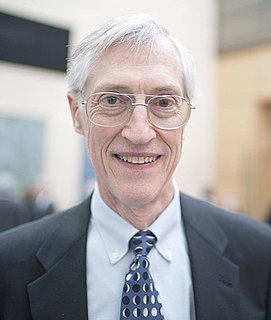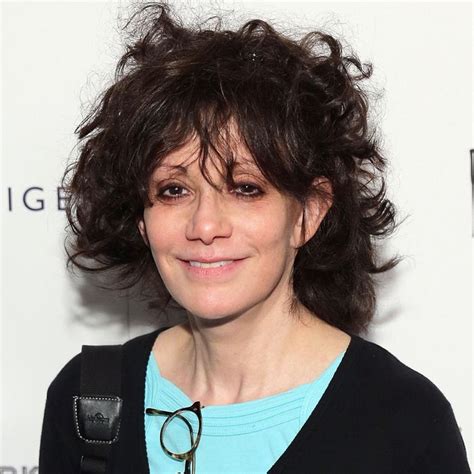A Quote by Philip K. Dick
There was a beauty in the trash of the alleys which I had never noticed before; my vision seemed sharpened, rather than impaired. As I walked along it seemed to me that the flattened beer cans and papers and weeds and junk mail had been arranged by the wind into patterns; these patterns, when I scrutinized them, lay distributed so as to comprise a visual language.
Related Quotes
There are only patterns, patterns on top of patterns, patterns that affect other patterns. Patterns hidden by patterns. Patterns within patterns. If you watch close, history does nothing but repeat itself. What we call chaos is just patterns we haven't recognized. What we call random is just patterns we can't decipher. what we can't understand we call nonsense. What we can't read we call gibberish. There is no free will. There are no variables.
I could not clearly distinguish what was passing in my head; it seemed to me that I was under the influence of a horrible dream and that I had but to awake to find myself cured; at times it seemed that my entire life had been a dream, ridiculous and childish, the falseness of which had just been disclosed.
Mental patterns do not originate out of inorganic nature. They originate out of society, which originates out of inorganic nature. And, as anthropologists know so well, what a mind thinks is as dominated by biological patterns as social patterns are dominated by biological patterns and as biological patterns are dominated by inorganic patterns. There is no direct scientific connection between mind and matter. As the atomic scientist, Niels Bohr, said, "We are suspended in language." Our intellectual description of nature is always culturally derived.
It was a narrow world, a world that was standing still. But the narrower it became, the more it betook of stillness, the more this world that enveloped me seemed to overflow with things and people that could only be called strange. They had been there all the while, it seemed, waiting in the shadows for me to stop moving. And every time the wind-up bird came to my yard to wind its spring, the world descendedmore deeply into chaos.




































